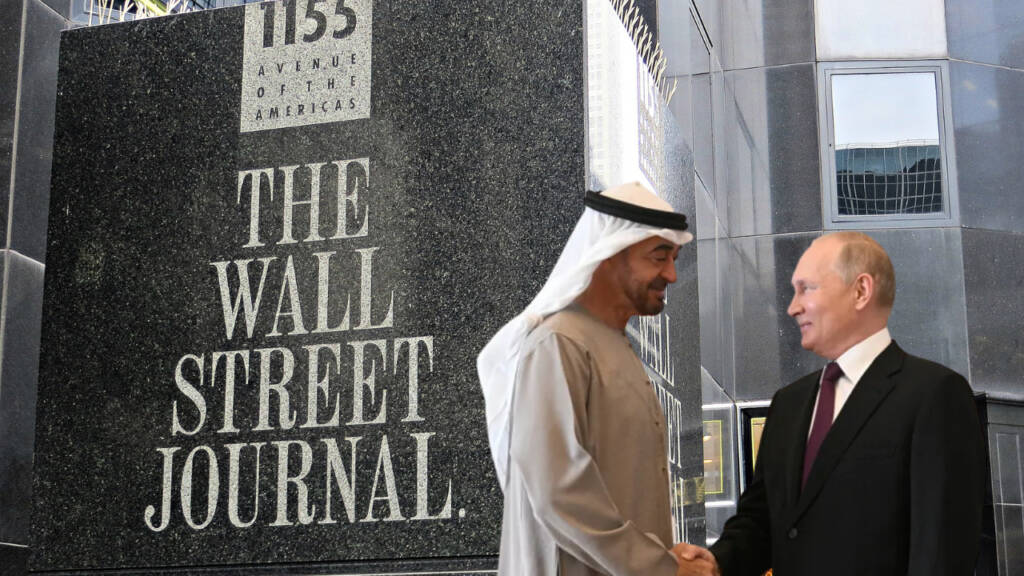There is one phrase in American politics that is as common as apple pie at a Fourth of July barbecue: “The media is biased.” And you know what? It’s not just a catchy line—it’s true. Among all the nations on this blue planet, the United States takes the cake when it comes to media outlets being unabashedly open about their biases.
Let’s take a stroll through the ideological carnival that is American media. You’ve got Fox News, proudly wearing its conservative badge, while CNN, MSNBC, and others wave their “unbiased” banners—though let’s be real, their anchors’ on-air antics feel like a liberal sideshow than anything else.
A substantial chunk of American media leans liberal, with a dash of Democratic seasoning. They churn out stories that fit their narratives like a well-worn glove—be it in the form of op-eds, editorials, or sometimes, news pieces that resemble a fictional story.
The WSJ Drama
Enter the Wall Street Journal (WSJ), which has its role to play in this grand spectacle of media bias. Sure, the Journal has faced accusations of having a left-leaning tilt, but what’s been happening lately is a plot twist even the best screenwriters would feel jealous.
Last month, WSJ dropped a bombshell about Saudi Prince MBS and UAE’s King MBZ duking it out. According to the Journal, the prominent figures of the Middle were engaged in a tug of war to determine who wears the crown in the Middle East.
But, and here’s the kicker, there was no clear evidence of their scuffle. This report triggered quite the commotion, but, last week all the myths were debunked. The “rift” vanished into thin air when Saudi and UAE joined hands in buying billions worth of NVIDIA chips to tackle the global AI race.
Read More: ‘Russia is the clear Winner,’ WSJ terms NATO’s sanction war useless
Fake Rifts on the Cards
Now, WSJ is back with another installment, this time painting a “dramatic” picture of a UAE-Russia rift. Get this: Emirati banks are supposedly seizing the economic opportunity of Western sanctions on Russia.
According to “sources,” Emirates NBD snatched Russian bankers to start a side hustle for wealthy clients, while First Abu Dhabi Bank decided it was time to host a Russian party of its own.
Local banks have been handing out Russian welcome baskets left and right.. WSJ, though, would have us believe that UAE is cunningly trapping Russian oligarchs, luring them in with investment candy and snatching their assets away.
But, the reality is a lot different. Tens of thousands of Russians have moved to the UAE in recent times. Most Russians aren’t on the naughty list, but even the sanctioned few found the UAE’s hospitality irresistibly warm. Or so the story goes.
UAE has vehemently debunked these claims, asserting they’re not playing with the Western sanctions on Russia. But, let’s face it, WSJ’s ego took a hit lately—just a while back, the paper was disinvited from the OPEC party by Saudi and UAE.
And guess who else isn’t having a good time in the Middle East? President Joe Biden, the Democratic maestro trying to orchestrate a harmonious symphony. With relations tougher than a well-done steak, you can bet your bottom dollar these attacks are set to continue.
Read More: Western media barred from covering OPEC proceedings
So, there you have it. WSJ’s latest saga of sensationalism and speculation, with a side of conspiracy sauce. Stay tuned for the next episode, where we find out whether media outlets can ever agree on what to put on the BBQ.
Watch More:
